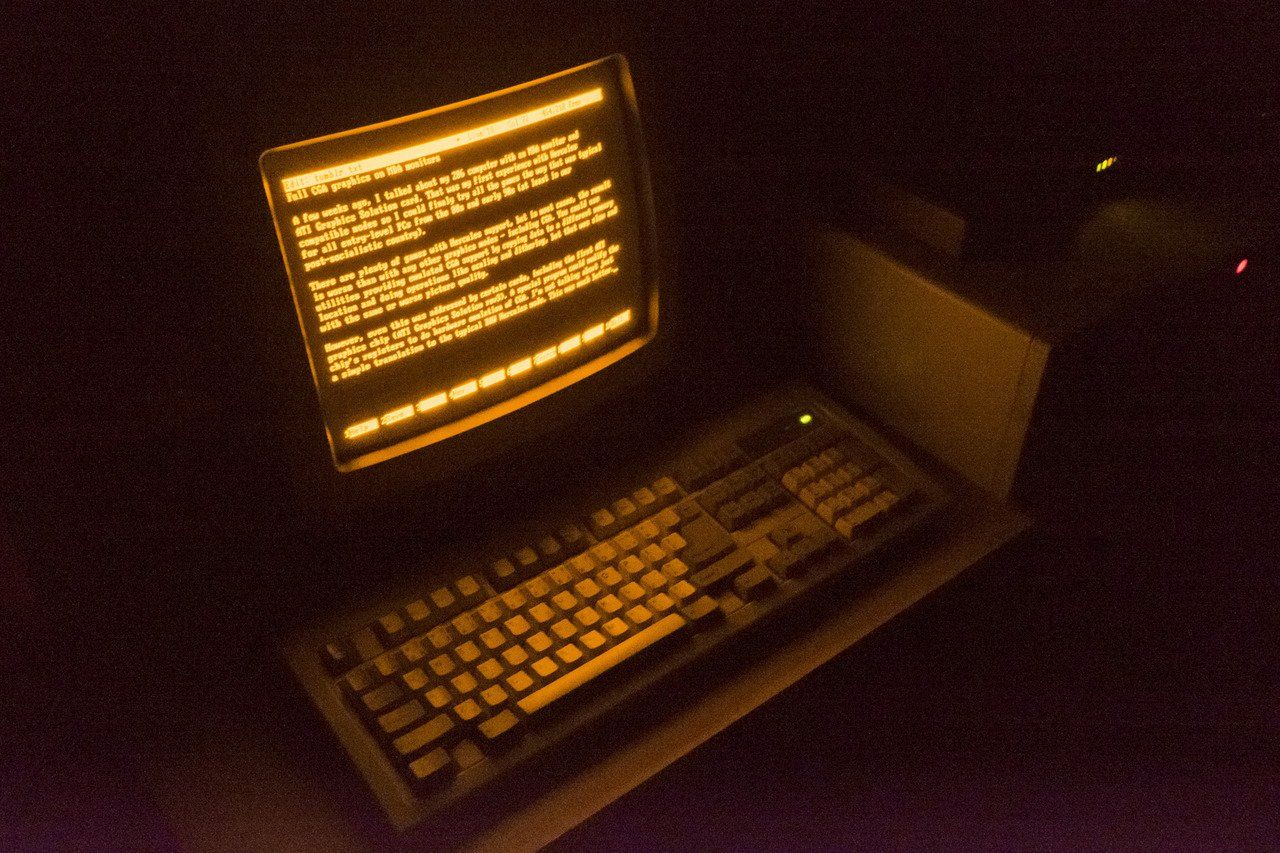Let’s be Fwends #134:
Do We Need a New Internet?

“Every act of rebellion expresses a nostalgia for innocence and an appeal to the essence of being.”
~ Albert Camus
Welcome to Let’s be Fwends 134. Today, I have good news for you regarding concrete, a deep-dive into the business model challenges of AI companies (in case you’re wondering), and a bit more on the future of the Internet (apparently, people think it has one).
Recycling Cement to Reduce CO2-Emissions
“Concrete is the second-most-used material on the planet, after water, and is responsible for approximately 7.5% of total anthropogenic CO₂ emissions.”
But researchers now found that you can use old cement in steelmaking, recycling it in the process. By using cement from old concrete and re-activating it during a process that is happening anyways, you basically get zero-emission concrete. But our capacities of recycling cement do not match the demand for new concrete, we still need to drastically reduce our usage of it. But it’s a start.
The Old Software-Investor Playbook Might Not Work With AI
Looks like the advent of Artificial Intelligence businesses not only disrupt virtually anything you can think about, it also creates unique problems for tech investors specialising in software. Mostly because apparently you cannot scale AI properly without involving those pesky humans.
Do We Need a New Internet?
The many changes we are going through - Musk buying Twitter and transforming it from a social media platform that was at least trying to - well, whatever X is or is supposed to be. Google’s ever tighter grip on advertising that it is using to extracting more and more value out of the web, even at the expense of their own product. LLMs, OpenAI and the fear that AI-generated content will flood the web, creating so much noise that the signal of human connection will finally be drowned out.
And now we’re hit with the message that ICQ is shutting down.
No wonder people are lamenting the state of the Internet. What was once a decentralised network of peers is now a … technologically, politically, economically (and to a certain degree also culturally) controlled by a handful of mega-corporations: The famous MAMAA-five (Meta, Amazon, Microsoft, Apple, Alphabet).
As these corporations are extracting more and more value from the Internet (what is now famously called enshittification), users are feeling the pressure. More advertising, more interruptions, less relevant content that is ever harder to find. Human interaction replaced with ‘virality’. Entertainment over substance.
People are dreaming of a different kind of Internet. Mastodon and the Twitter-Exodus where the first big sign that not everyone was happy with the direction the Internet is heading to. And more and more ideas how to build a “better” internet, that resembles the internet of old days, the one some of us grew up with.
I also touched on the appeal of the old days, it even was one of the original motifs to start this newsletter (“Maybe it’s nostalgia.” I wrote, and “I want this time back.”)
I mentioned that using social media to connect to people effectively means turning over the control of this connection to a third party, one that is only interested in its own profit. What I said back then in 2017 was right, but it was also incomplete. What we are experiencing now is the extraction of value on an unprecedented scale, in unprecedented ways. How Social Media companies turned human connections into commercial assets was just the beginning. Tech giants are wedging themselves into everything we’re doing online, and since most of our life is now at least augmented by online tech, by extension into all aspects of our daily existence. If you think about it - how much daily time are you not spending with at least one product that is somehow touched by one of the big tech companies?
As Meredith Whittaker, President of Signal, puts it:
“Out of the 1990s, the surveillance business model emerged, and the massive amounts of data, compute, and monopolistic platforms that we now confront were shaped during this time. We cannot treat this peculiar, contingent business model as somehow natural or inevitable.”
We’re at a crossroads. Activists think that a democratisation of computational means is needed. Others think that a more grass-roots, anarchistic approach is the way to go. Investors think that the combination of technology and capitalism will unlock incredible riches.
And even if it is increasingly hard to stay positive, I think this is exactly what we need to do: Choose optimism. Not the naive happy-go-lucky kind of optimism, but the if-we-work-really-hard-we-can-see-positive-change kind of optimism.
This might or might not be related, but on Sunday I found a four-leaf clover. It’s the first one I ever found, and ironically I started looking for one (without conviction) because Rosa said she wanted one, because they bring good luck.
So, there you have it. You can find luck in the strangest places, maybe even on an Internet controlled by the richest people in the world. 🍀
Subscribe to Let's be Fwends